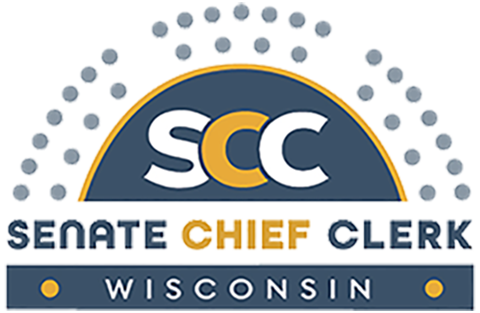WISCONSIN LEGISLATURE
1856
Byron Paine
Byron Paine (October 10, 1827 – January 13, 1871) was an American lawyer and justice of the Wisconsin Supreme Court. In 1847, he and his father moved to Milwaukee, where Paine studied law. He was admitted to the Wisconsin Bar in 1849.
As a young lawyer, Paine was a close friend of Sherman M. Booth, a Wisconsin abolitionist who was arrested for violating the Fugitive Slave Act after helping to free Joshua Glover, a fugitive slave from Missouri who was arrested in Racine.
In 1854, Paine represented Booth, without pay, in the famous Ableman v. Booth case. Paine appeared before the Wisconsin Supreme Court and "made one of the clearest, most conclusive and most eloquent arguments against the constitutionality of the fugitive slave law made in any court in the country," said Justice Harlow S. Orton at Paine's memorial service. Paine won the case, becoming the only lawyer to successfully argue in a state court that the Fugitive Slave Act violated the sovereignty of the northern states. The U.S. Supreme Court later reversed the Wisconsin Supreme Court's ruling.
His successful representation of Ezekiel Gillespie in the 1866 case of Gillespie v. Palmer resulted in the legal recognition of voting rights for African Americans in Wisconsin.[1]
In the 1856 session of the Wisconsin State Senate, Paine served as Chief Clerk. In 1857 he was elected Judge in Milwaukee County, where he served until his election to the Wisconsin Supreme Court in 1859.

